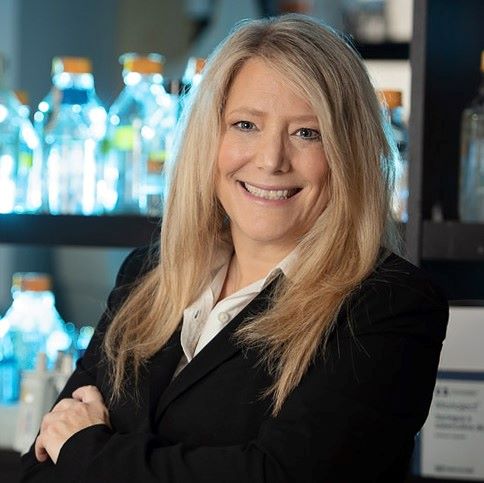
The end of daylight saving time on Nov. 3 may mean an extra hour of sleep, but one University of Guelph researcher says the time change can really mess with our biological clocks.
Dr. Tami Martino, a professor in the Department of Biomedical Sciences at the Ontario Veterinary College, studies how disruptions to circadian rhythms can affect both physical and mental health. Changes can affect essential processes like gene and protein expression, heart rate, blood pressure and hormone levels.
“The abrupt shift in time causes a mismatch between internal and external processes, potentially impairing overall health,” Martino says.
Biannual time changes can lead to sleep disturbances, fatigue, headaches and fluctuations in heart rate and blood pressure. The fall time change tends to be easier to handle, since we gain an hour of sleep, but Martino says it can lead to symptoms of seasonal affective disorder as we adjust to the dark.
“People can also experience changes to their appetite or digestion,” Martino says, adding even our pets feel the impact, since they’re expecting food at unusual times.
How long does it take to recover from the time change? Martino says most people need one or two days, but others might need longer.
“Younger people generally adapt faster than young adults,” she says. “People with chronic conditions, sleep disorders or high stress may experience longer adjustment periods or more pronounced symptoms.”
Time changes are a part of our reality for now, but Martino says there are many advantages to permanently adopting standard time.
“The biannual shifts disrupt our circadian rhythm, contributing to sleep disturbances, mood changes, and increased health risks such as heart attacks and accidents. Sticking with standard time would better align with our natural cycles, improving sleep, cognitive function, brain and heart health, and overall well-being.”
Martino is available for interviews.
Contact:
Dr. Tami Martino
tmartino@uoguelph.ca
